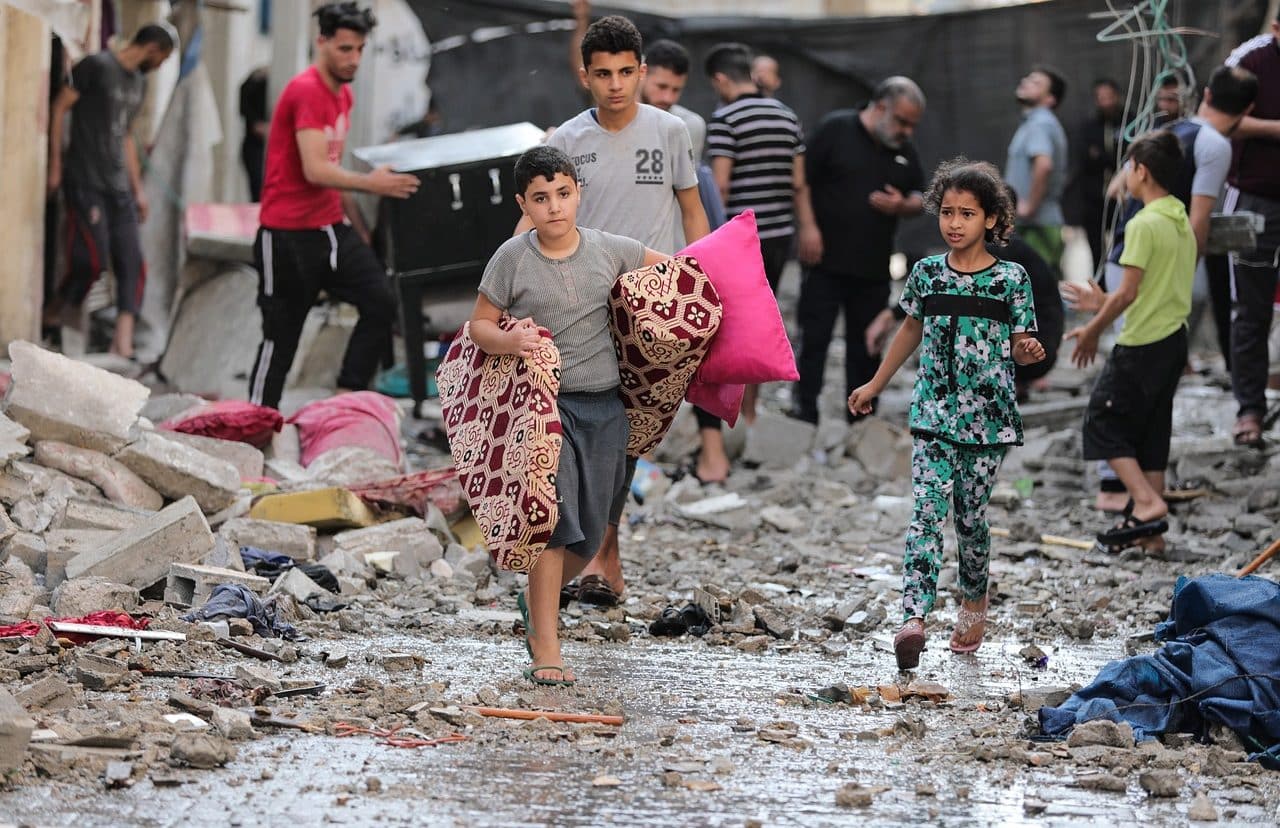
A calamity is a catastrophe.
Calamity is a word that comes from the Latin language : calamĭtas . The concept is used to refer to a disaster or catastrophe that affects a large number of individuals.
For example: «Last year's earthquake was a calamity: there were hundreds of deaths and many families lost their homes» , «If the company closes its doors it will be a calamity for the entire town « , «We have not had electricity for five days ! "It's a calamity!" .
The etymology
We already mentioned that calamity derives from calamĭtas , whose meaning is "damage, blow, scourge." Precisely, these words with which we can define the original are closely related to the meaning that we currently give to the concept, in a figurative sense: a misfortune that ruins someone's life can also be understood as a blow or a whip, something terrible that causes very deep and irreparable damage .
The root of the Latin term is kel-2 , of Indo-European origin and which has the connotation of "beat, cut" . Other Latin words that share it are gladius , which can be translated as "sword" , and incolumis , "intact, safe and sound, unharmed" ; From the first we derived gladiolus and gladiator, and from the second we obtained unharmed.
If we go back to the time when the Italic peoples (Latins, Umbrians, Oscans) actually used the word calamĭtas , the history of its evolution and its meaning becomes much clearer. These communities, during harvest times, had to invest a lot of time in the task called threshing, which consists of separating the harvested wheat from the calamus , that is, from the "straw" or " cane " .
At that time, since winds blowing northwards during harvest times are normal in the Mediterranean , it sometimes happened that wheat was mixed again with calamus , absolutely useless for the harvest. Such a situation constituted a real calamity, since the fruits of the threshing were fading and it was necessary to do the work again. If we take into account that even today a bad harvest can put the economy at risk, it goes without saying that the consequences in times of the Old Empire were not exactly mild.

A calamity causes sadness and pain.
Examples of calamity
The idea of calamity is usually linked to a tragic or very negative event . Suppose a tsunami wipes out an island, leaving many injured and dead and destroying local infrastructure. It can be said that this natural phenomenon is a calamity, or that it caused a calamity in the island population.
Sometimes the term calamity is used to mention a situation that causes a certain pain , anguish or discomfort , without becoming a tragedy. If Club Atlético San Vicente loses 8 to 0 to Deportivo La Carolina , the footballers and supporters of the losing team may consider the result a calamity. This discomfort, in any case, cannot be compared to the suffering that the victims of a true tragedy go through.
It is important to note that the misfortune , adversity and misfortune that this concept represents can affect both a group of living beings (ranging from a few to entire communities) and just one in particular. For example, we can say that "the tsunami represented a true calamity for the entire country," but also that "this child has seen nothing but abuse and calamities in his short life."
someone clumsy
Calamity, finally, can refer to a subject who is clumsy , inept or annoying .
«You are a calamity! "Once again you have forgotten to attend the meeting with the managers.", «This waiter is a calamity, he mixed up all the dishes and brought them cold» y «Today I'm in a mess, I'd better go take a nap»son expresiones que muestran esta acepción.
